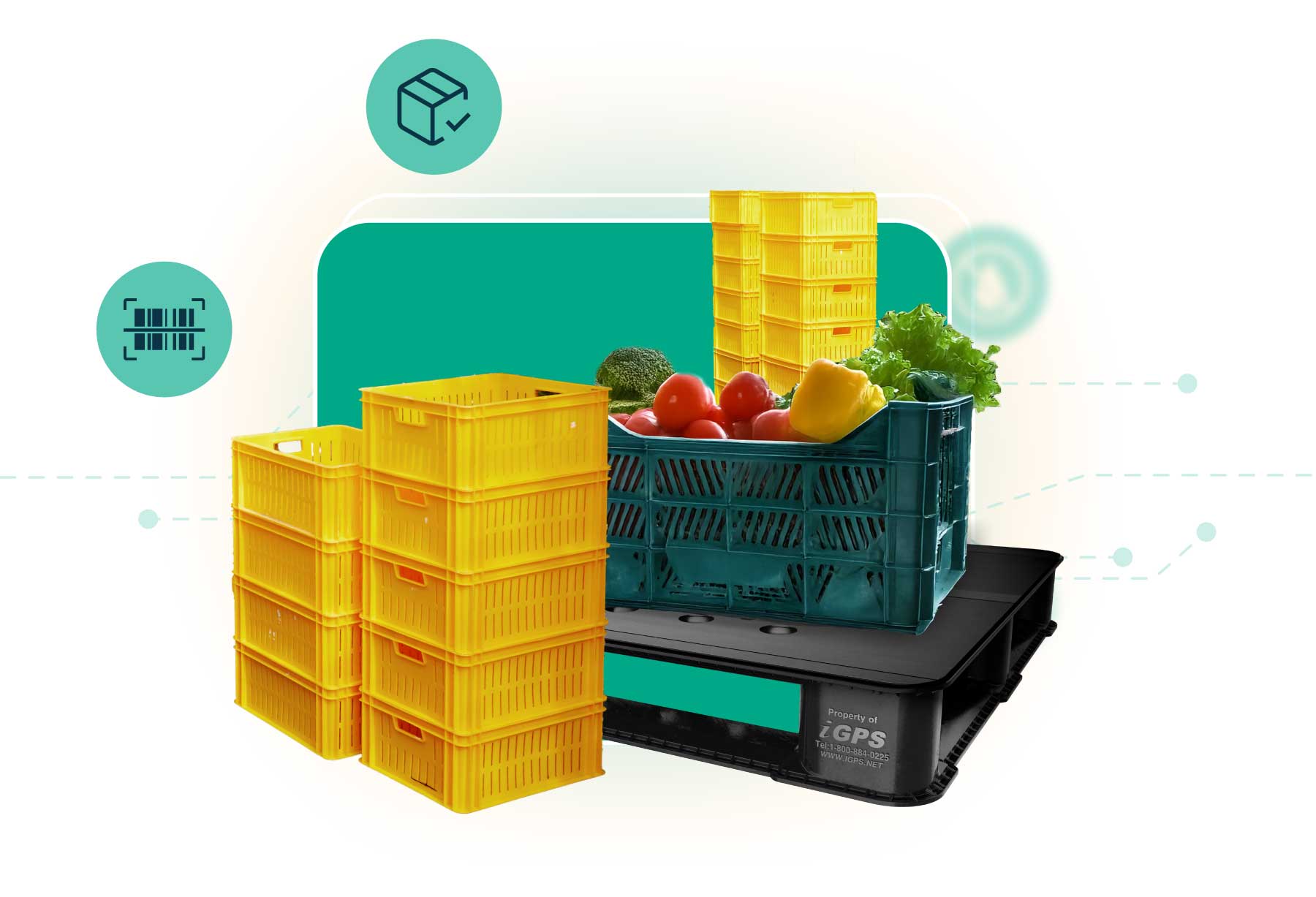Key Takeaways
- Supply chain leaders are under increasing pressure to run their operations more efficiently, ethically, and resiliently.
- Smart procurement, a transformational approach that leverages data, automation, and analytics, is helping enterprises source goods and services more effectively.
- Smart procurement refers to the integration of technology and strategic decision-making into procurement.
- Benefits include increased cost savings, strengthened supplier relationships, and risk reduction.
- Incorporating smart procurement into an enterprise begins with assessing the organization’s current procurement maturity, determining strategic objectives, and investing in the right technology.
- Cross-functional collaboration and training are also essential to success.
As the industry evolves, supply chain leaders face escalating pressure to run their operations more efficiently, ethically, and resiliently. Amid increasing complexity, rising consumer expectations, and frequent regional and global disruptions, the supply chain procurement function has transformed from a back-office function to a critical strategic powerhouse. The era of smart procurement is here: a transformational approach that leverages data, automation, and analytics to enable enterprises to source goods and services more effectively.
Smart procurement isn’t a “tomorrow” concept; it’s a powerful tool that leading companies are using today to unlock increased access to cost savings and deeper visibility across the supply chain. From reducing risks to better enabling sustainability goals, smart procurement sits at the intersection of planning and technology. Understanding its value and how to implement it can help supply chain managers enhance their overall operational optimization.
What is Smart Procurement?
Smart procurement refers to the integration of sophisticated technology and strategic decision-making into the overall procurement process. This approach transforms traditional procurement, which often focuses on cost control, into a proactive and intelligence-led discipline that offers benefits across the span of the supply chain.
Smart procurement managers use a variety of advanced tech tools, such as:
- Data analytics and dashboards to monitor spending and supplier performance
- Artificial intelligence (AI) to predict demand and foresee potential risks
- Machine-learning algorithms to automate routine tasks
- Cloud-based platforms to enable more cohesive procurement functions across departments and regions
- Robotic process automation (RPA) for repetitive everyday tasks like invoice processing and approvals
- Sustainability and compliance tools to facilitate ethical sourcing and ESG alignment
Whereas traditional procurement typically responds to situations as they arise, smart procurement anticipates issues and needs, offering strategic insights and automated responses that closely align with broader business and supply chain goals.
Benefits of Smart Procurement
The shift to smart procurement facilitates access to a wide array of benefits, many of which directly enhance supply chain performance and resilience. These include:
Improved Efficiency and Cost Savings
Thanks to the automation of routine processes such as purchase orders, invoice matching, and contract renewals, smart procurement reduces manual workload and minimizes the possibility of human error while also accelerating procurement cycles. These efficiencies translate directly into cost savings while freeing up teams to focus on strategic activities, like supplier innovation and category management.
Strengthened Supplier Relationships
Smart procurement platforms typically include supplier performance tracking and communication tools, which help foster continuous evaluation and collaboration. Real-time insights enable stronger long-term partnerships and help supply chain leaders identify opportunities for cost reduction and innovation.
Effective Risk Reduction
With the power of AI and cutting-edge predictive analytics, smart procurement systems can flag potential supplier disruptions, compliance issues, or geopolitical risks well before they escalate. This type of proactive foresight is critical for mitigating supply chain interruptions and maintaining business continuity.
Enhanced Sustainability and ESG Tracking
Smart procurement makes it easier to evaluate and select suppliers and partners based on sustainability metrics, ethical business practices, and diversity goals. The smart approach aligns sourcing decisions with broader corporate social responsibility and ESG commitments, all of which are increasingly important to regulators, investors, and of course, consumers.
Better Decision-Making
Access to centralized, real-time data and insights empowers procurement and supply chain leaders to make informed, educated decisions quickly. Whether it’s evaluating supplier bids, forecasting future spikes in demand, or reallocating resources, smart procurement turns streams of data into actionable intelligence.
How to Get Started with Smart Procurement
Implementing smart procurement is not an overnight process but an ongoing journey — one that requires both prudent technology investments and organization-wide culture change.
Laying the groundwork begins with understanding where your organization stands today. What is the organization’s overall procurement maturity? Are processes heavily manual or siloed? Does the organization lack visibility into spending and supplier data? A maturity assessment helps prioritize opportunities for automation and digitization.
From there, you can determine what strategic objectives you want to achieve from smart procurement. Is the goal to reduce costs? To increase supplier diversity? To enhance operational agility? Aligning procurement transformation with business and supply chain goals ensures relevance and buy-in across the enterprise.
When it comes to investing in the right technology, choose platforms that integrate with existing ERP and supply chain systems. Look for features that include AI-driven sourcing, automated approvals, predictive analytics, and robust reporting.
It’s important to remember that smart procurement thrives on cross-functional collaboration without internal siloes and bottlenecks. Engage stakeholders across departments that include supply chain, finance, IT, and legal early in the process to ensure alignment and a shared vision.
Remember too that the shift to smart procurement requires new capabilities — from data interpretation to supplier collaboration. Invest in training to equip your procurement professionals with the skills they need to maximize new tools and insights.
If often helps to start small and then scale up strategically. Begin with a targeted pilot program or focus area, such as the automation of low-value purchases or digitizing contract management. Once success is demonstrated in one area, you can expand with confidence to broader categories or regions.
The Role of Procurement in Supply Chain Optimization
Procurement is no longer a reactive, back-office function. Smart procurement plays a vital role in shaping and optimizing the entire supply chain. This approach:
- Enables Resilience and Continuity
- Drives Strategic Sourcing
- Supporting Inventory and Demand Planning
- Helps champion innovation
- Advances ESG and Compliance Goals
It is becoming increasingly clear that smart procurement is a strategic imperative for modern, optimized supply chains. At a time when agility, resilience, and ethical sourcing are keys to business success, supply chain leaders that embrace smart procurement stand to gain a decisive competitive edge. With the right tools, processes, and mindset in place, procurement can transcend its traditional role and become a central component of supply chain excellence. The opportunity to transform the enterprise is here. The time to act is now.
Frequently Asked Questions
Why is procurement important in supply chain management?
Procurement is important in supply chain management because it acts as the gateway through which all materials, goods, and services enter the production process. Strategic procurement ensures continuity of supply, controls costs, manages supplier relationships, and supports quality standards—all of which are essential to keeping the supply chain running smoothly and competitively in a global marketplace.
How can procurement enhance supply chain efficiency?
Procurement enhances supply chain efficiency by using data and technology to optimize sourcing decisions, reduce waste, and shorten lead times. By aligning supplier capabilities with demand forecasts and automating repetitive processes, procurement helps maintain inventory balance, lower operational costs, and improve responsiveness. This results in a more agile, cost-effective, and resilient supply chain overall.
Companies focused on optimizing their supply chain operations and costs depend on durable, lightweight iGPS plastic pallets for their shipping needs. For more information, contact us at 1-800-884-0225, email a specialist at switch@igps.net, or visit our contact page.



